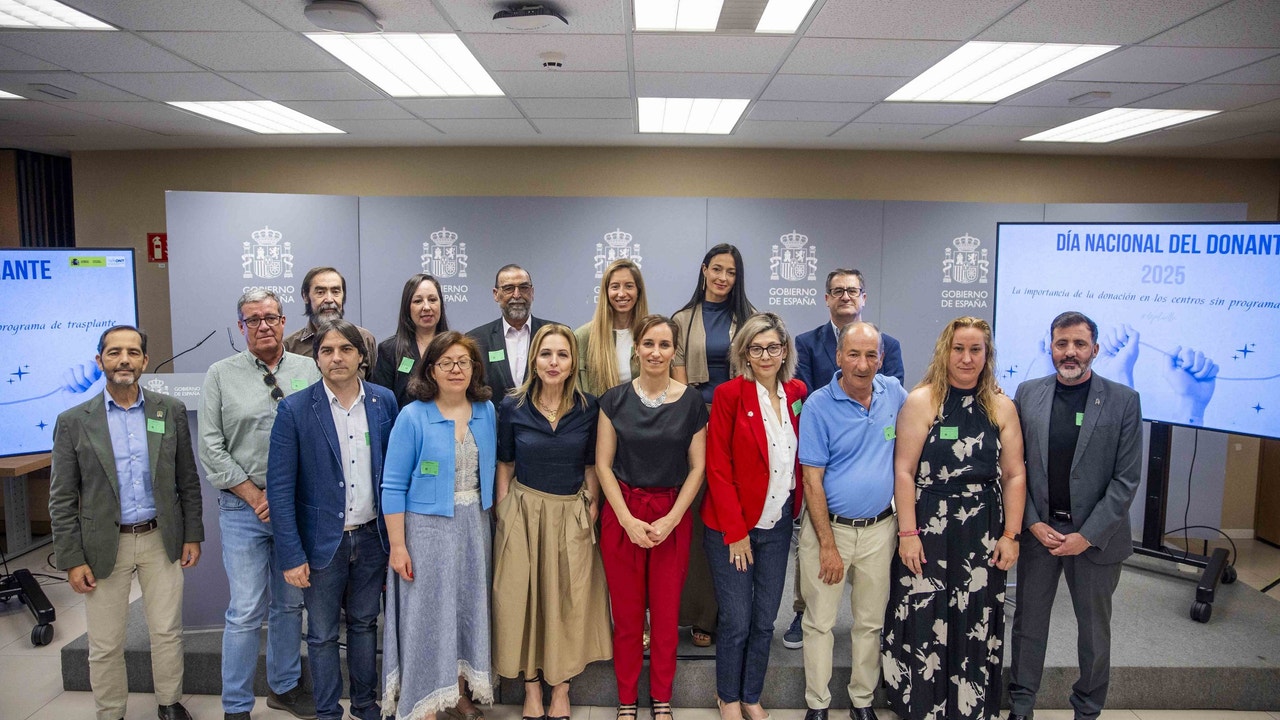
50% more in ten years
- Jessica Lewis
- 0
- Posted on
The solidarity of Spanish citizenship has allowed organ donation to have experienced a 52% growth in the last ten years. This has been highlighted on Wednesday by the National Transplant Organization (ONT), on the occasion of the National Donor Day.
In 2014, a total of 1,682 people donated their organs after death. A decade later, in 2024, the figure has promoted 2,562 donors. In this period, 23,064 people have said ‘yes’ to the donation, allowing the realization of 52,634 transplants.
During the institutional act held at the headquarters of the Ministry of Health, chaired by Minister Mónica García together with the general director of the ONT, Beatriz Domínguez-Gil, tribute has been paid to donors, their families and the health professionals involved in these processes. Representatives of various entities of transplanted persons were also present at the event.
One of the spotlights this year has been to recognize the work of the 145 non -transplant hospitals, which without having their own transplant programs have played an essential role in the national donation system. From these centers, 8,821 donors have emerged in the last decade, which represents 38% of the national total, allowing 20,040 transplants.
In 2014, these centers registered 598 donors, a figure that grew to 967 in 2024, which implies an increase of 62%. Most of these donations occurred in public hospitals, although 119 cases occurred in private -owned centers.
According to the ONT data, the profile of these people is something different: while the donors of transplantation centers are 59 years old, those of hospitals without a program amounts to 62.
The causes of death also vary: in hospitals without program, those who die from strokes (63 %) prevail against 57 %of the centers that do make transplants (57 %). Craneoecephalic trauma is less frequent in the non -transplant hospital (12 % vs. 15 %).
To this network are also added detector hospitals, centers that cannot make or extract organs, but that identify possible donors and manage their transfer to authorized hospitals. In the last decade, 390 donors were transferred from these hospitals, of which 59 were in 2024, almost double that in 2014.
Minister Mónica García has stressed that “without these hospitals and their professionals, many people could not donate or receive organs.” He has also highlighted the “immense generosity of families that, in the worst moments, make the decision to donate to save other lives.”